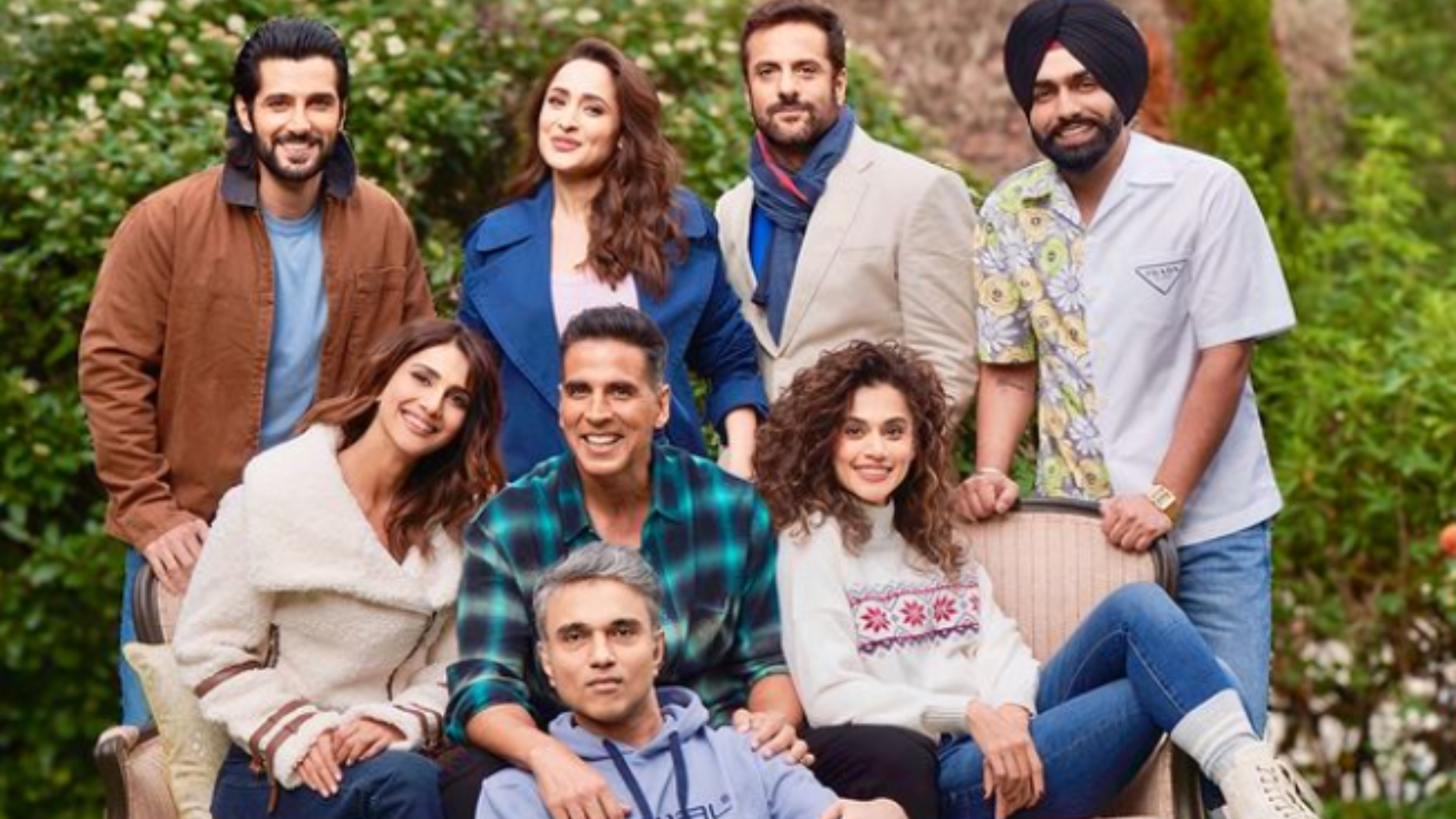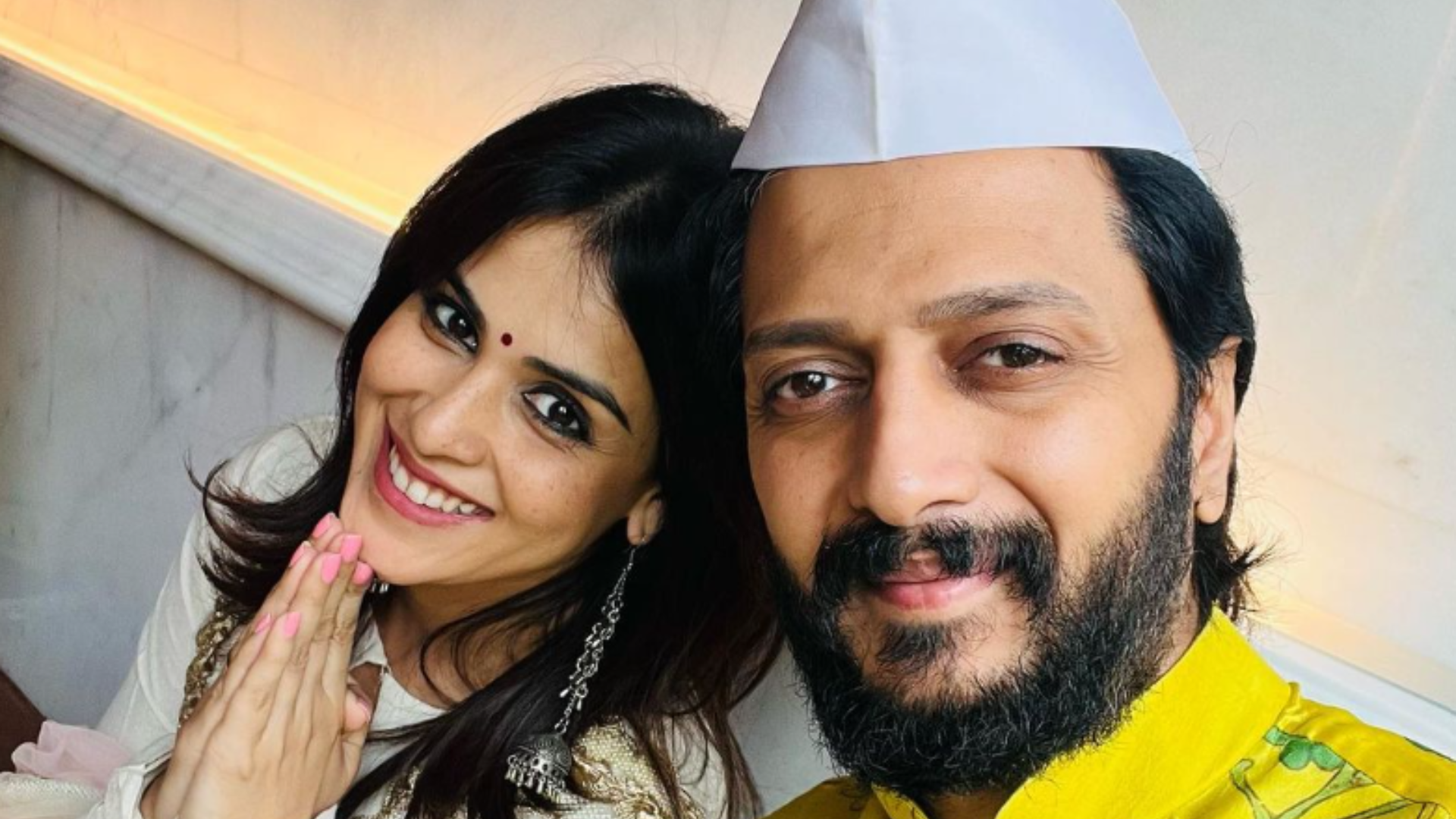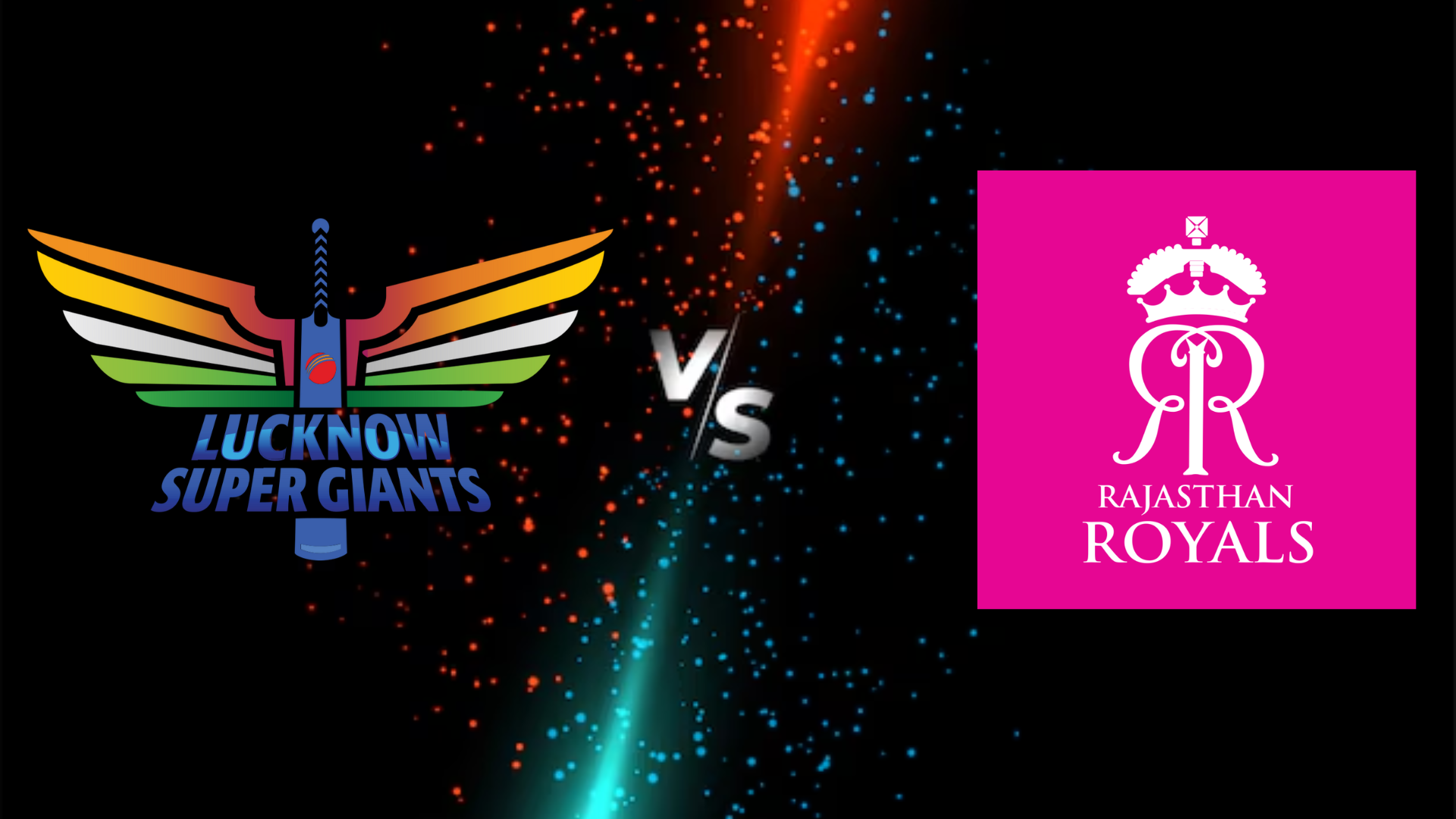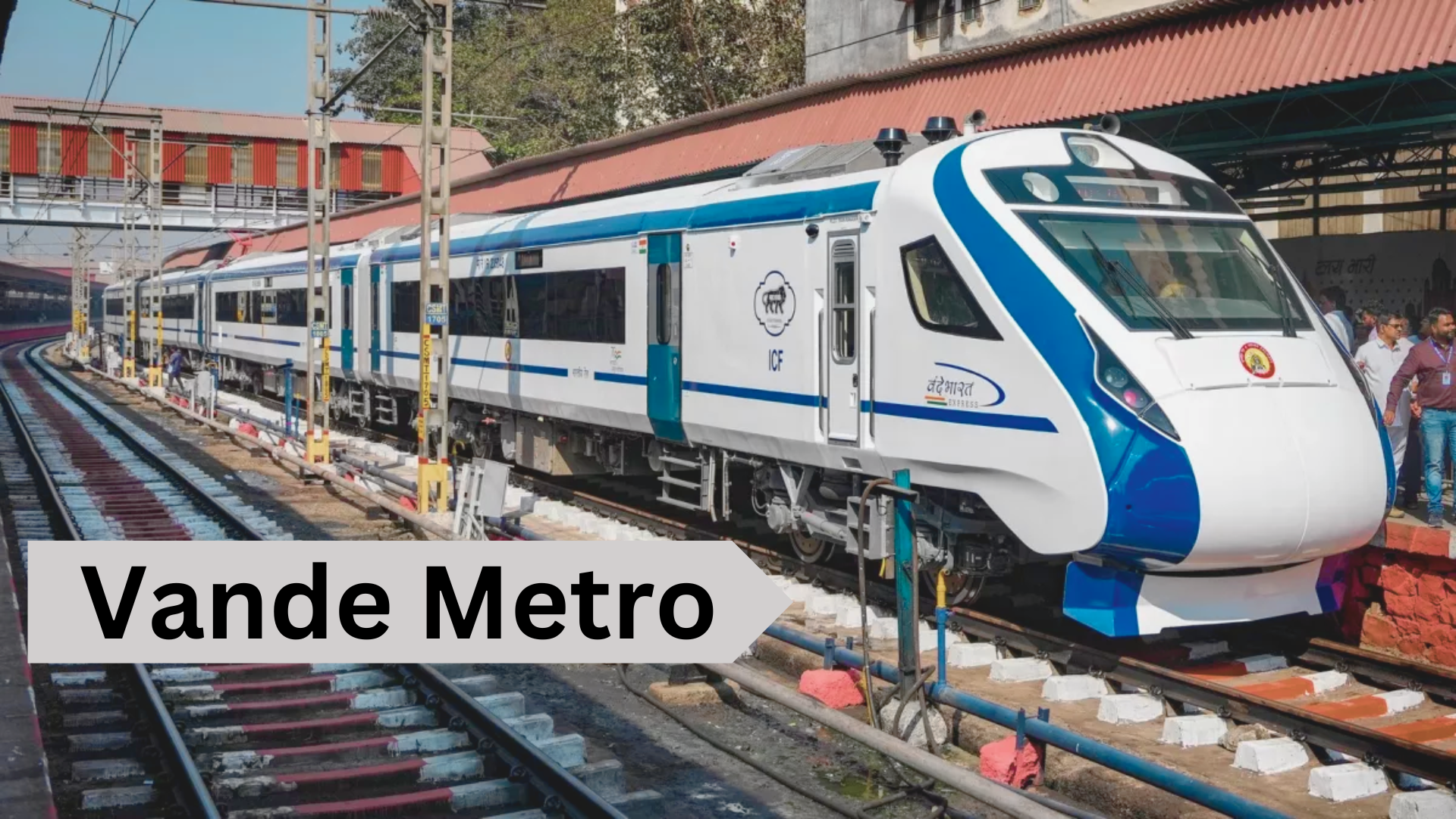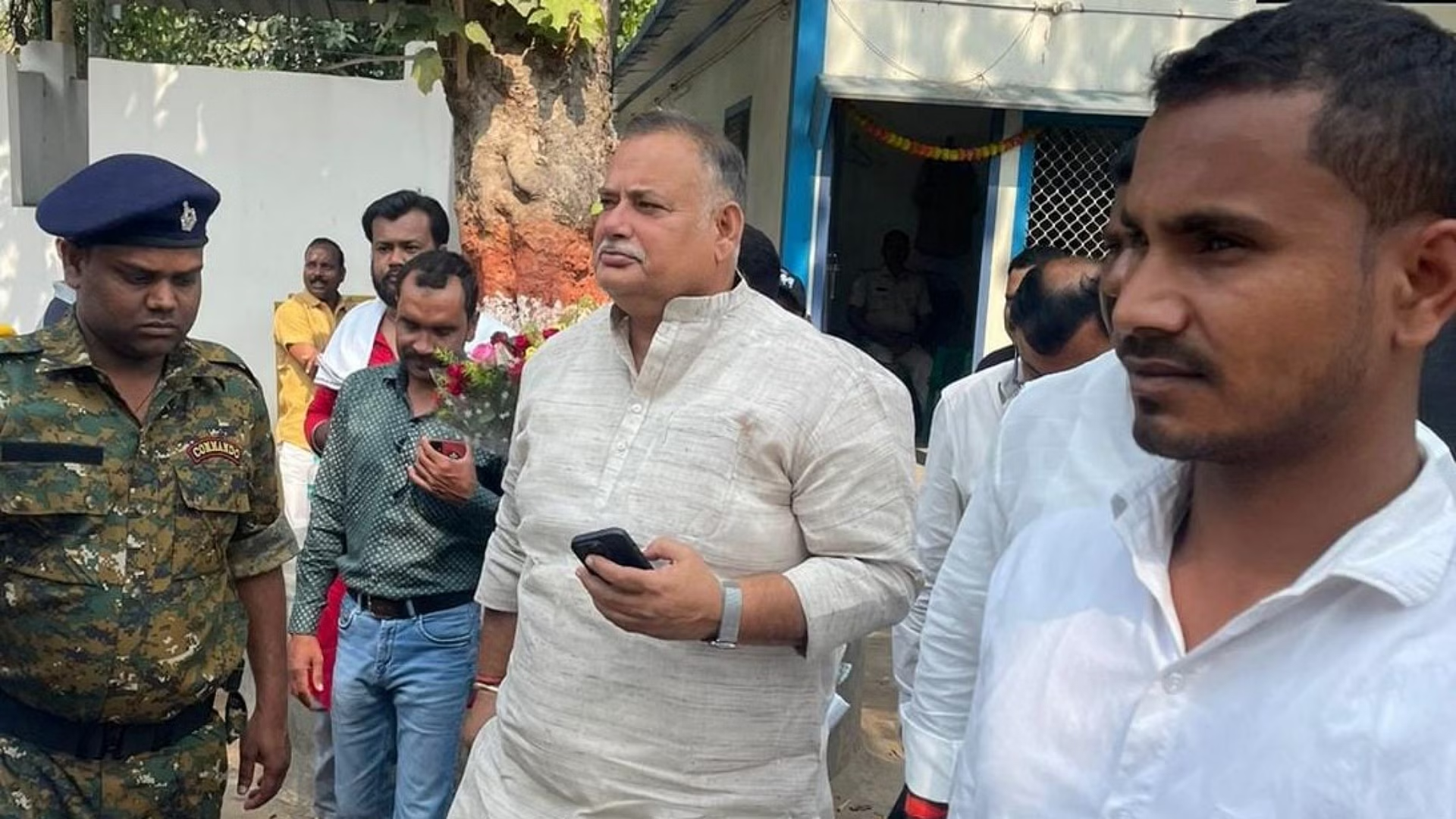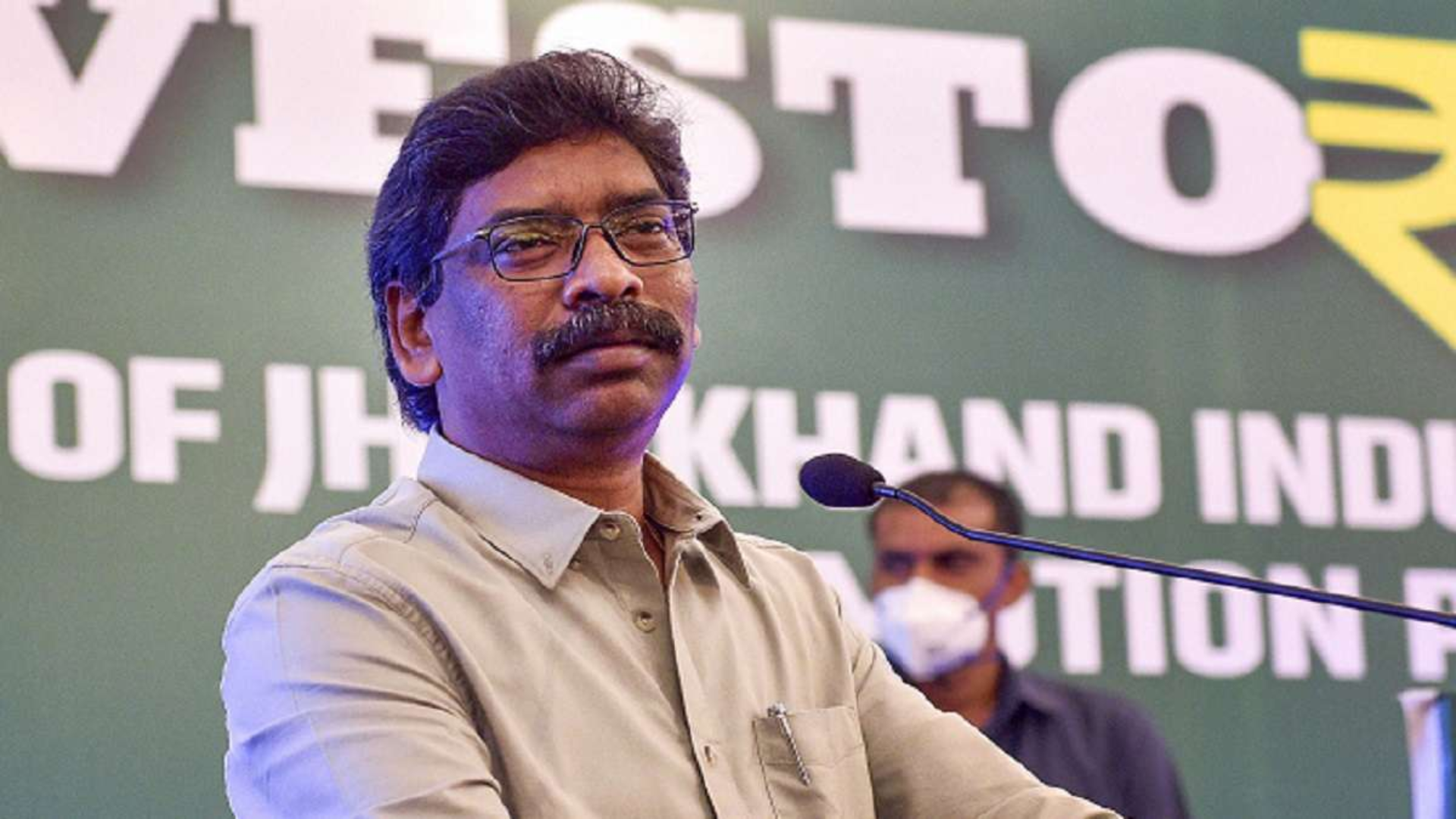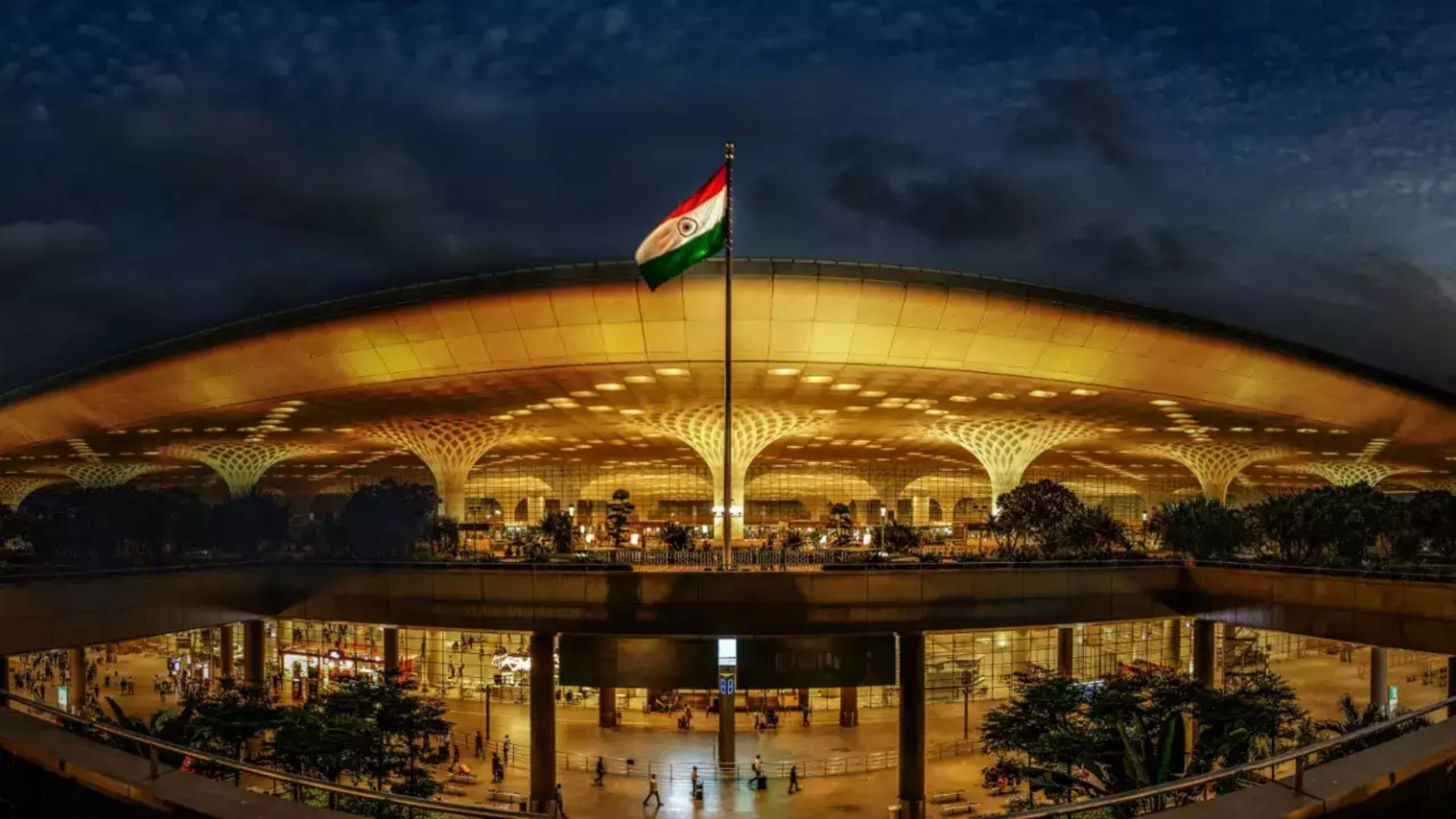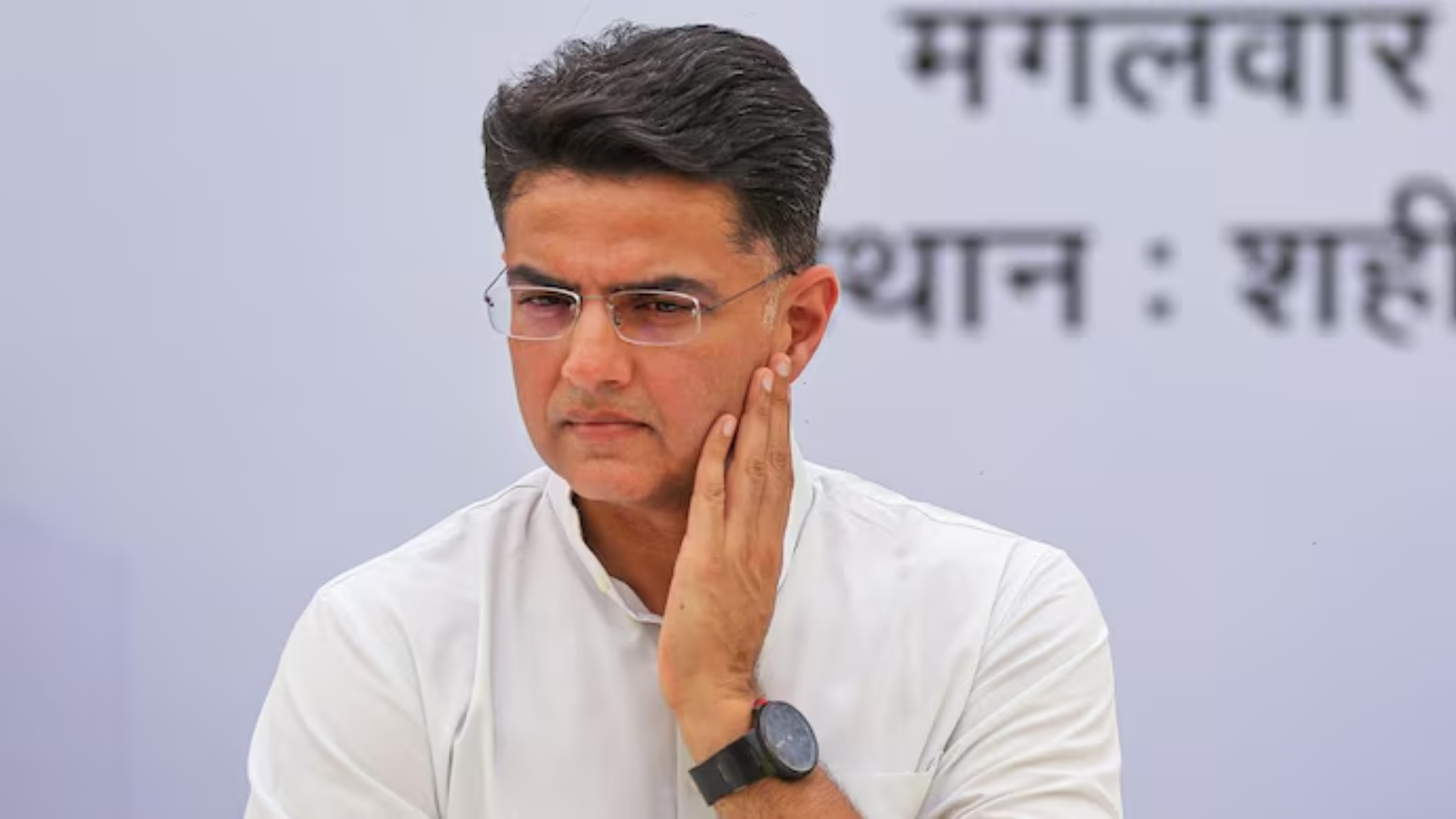



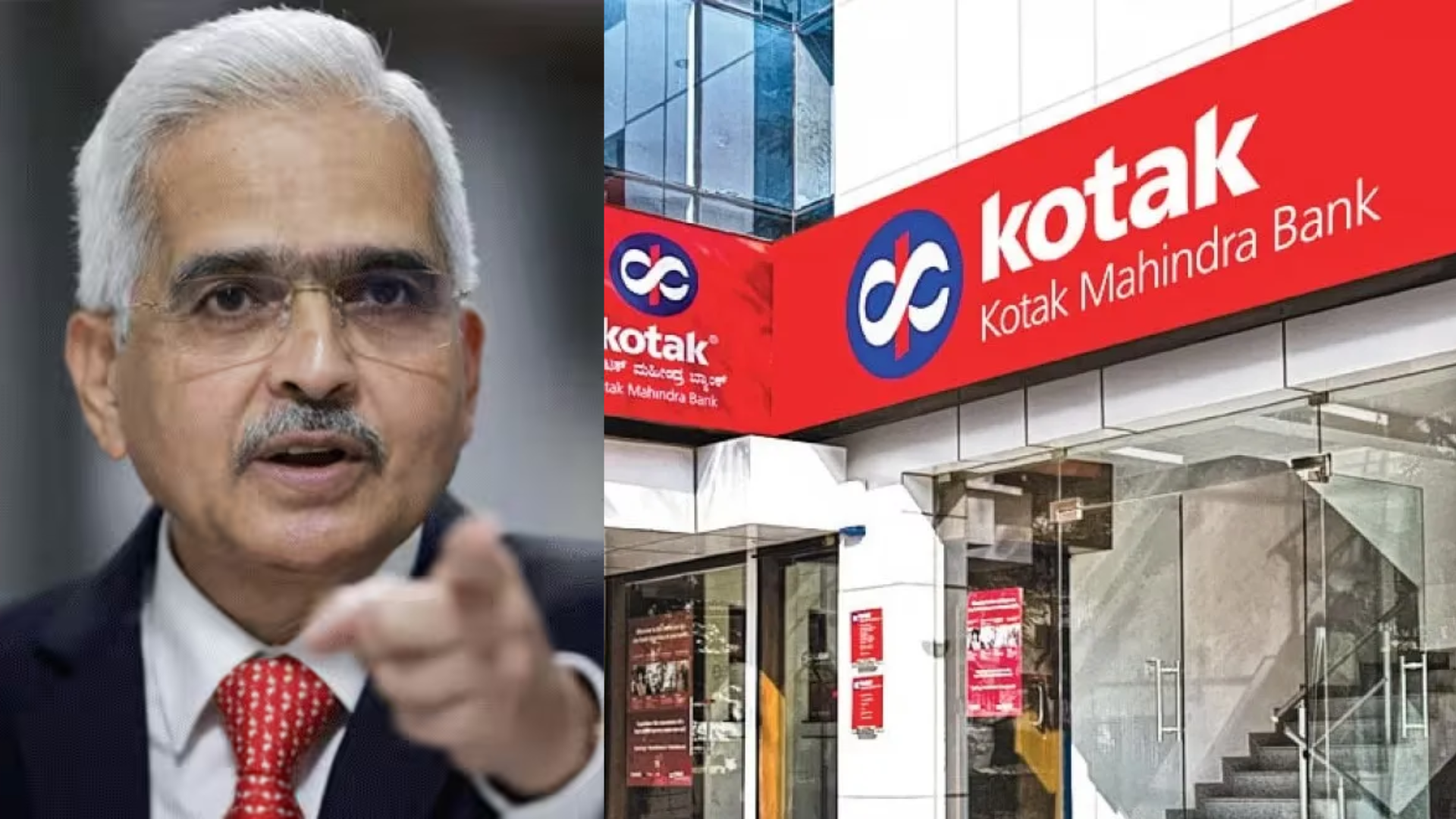
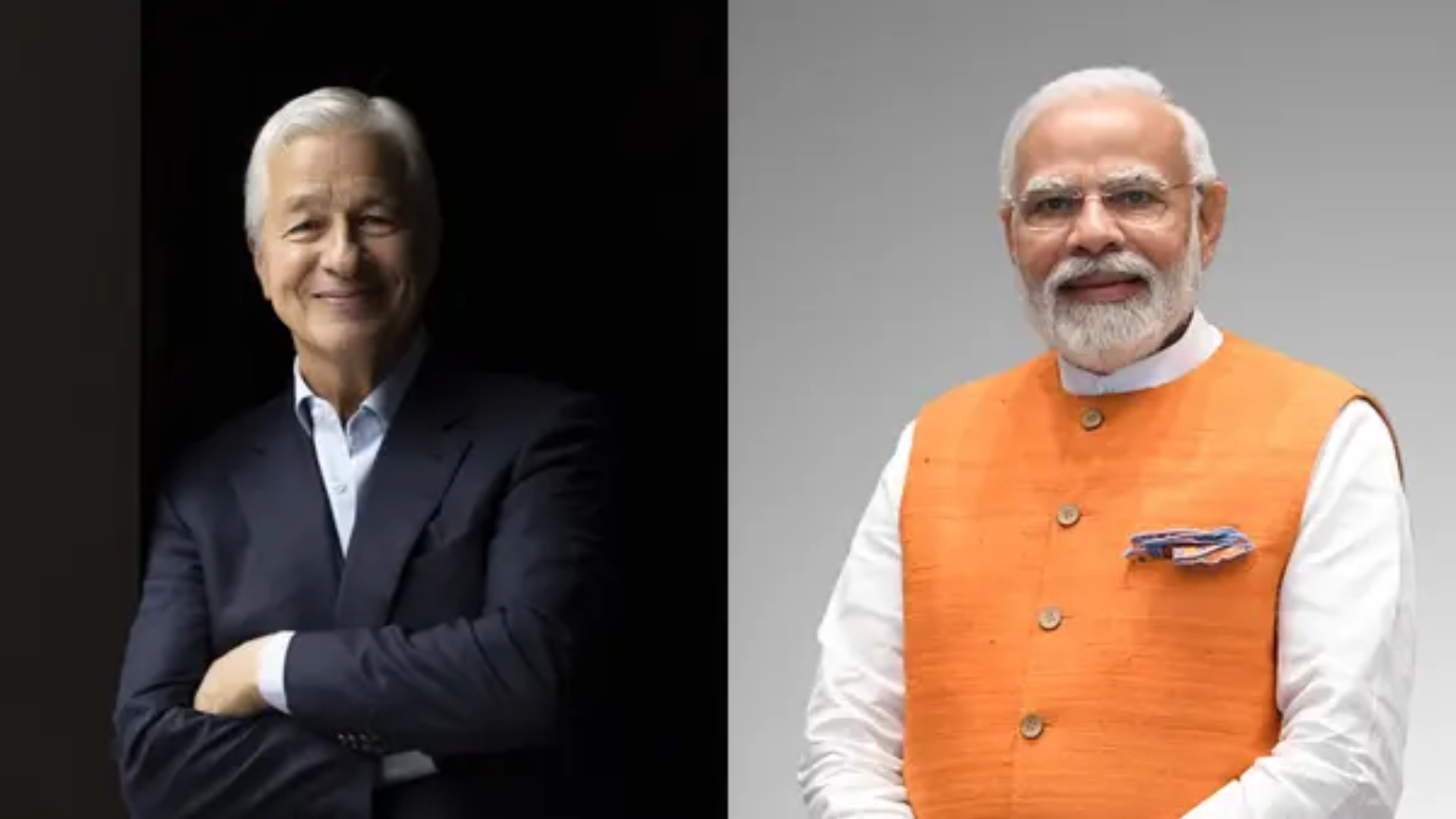
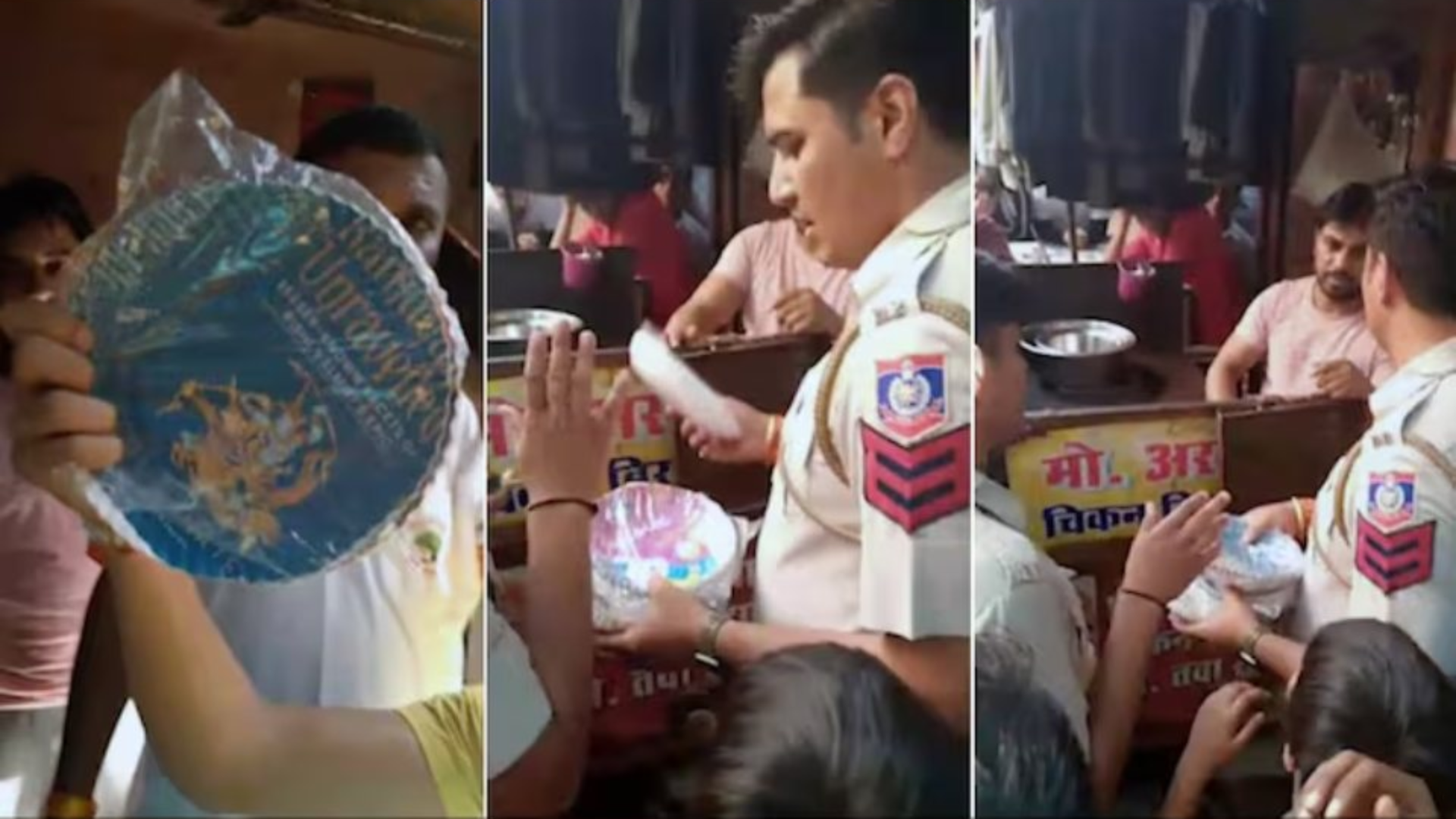
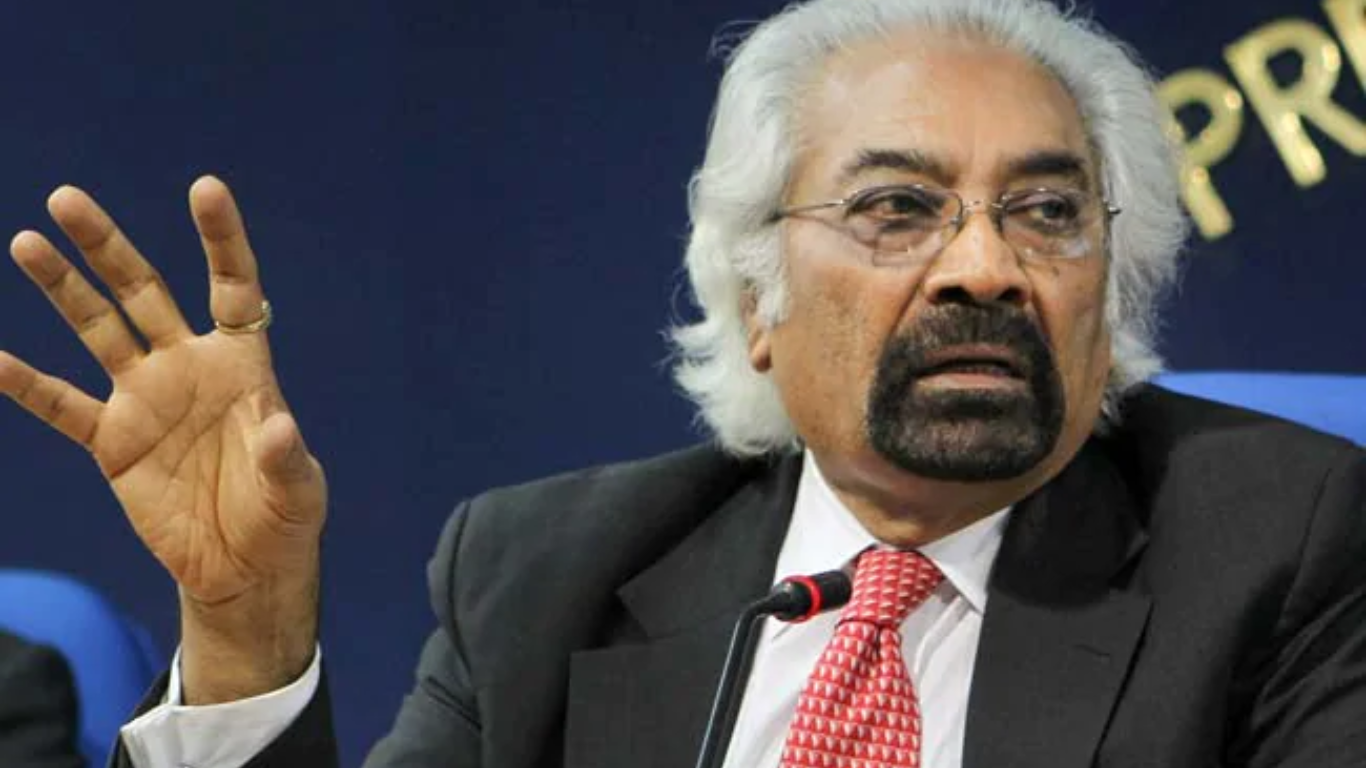

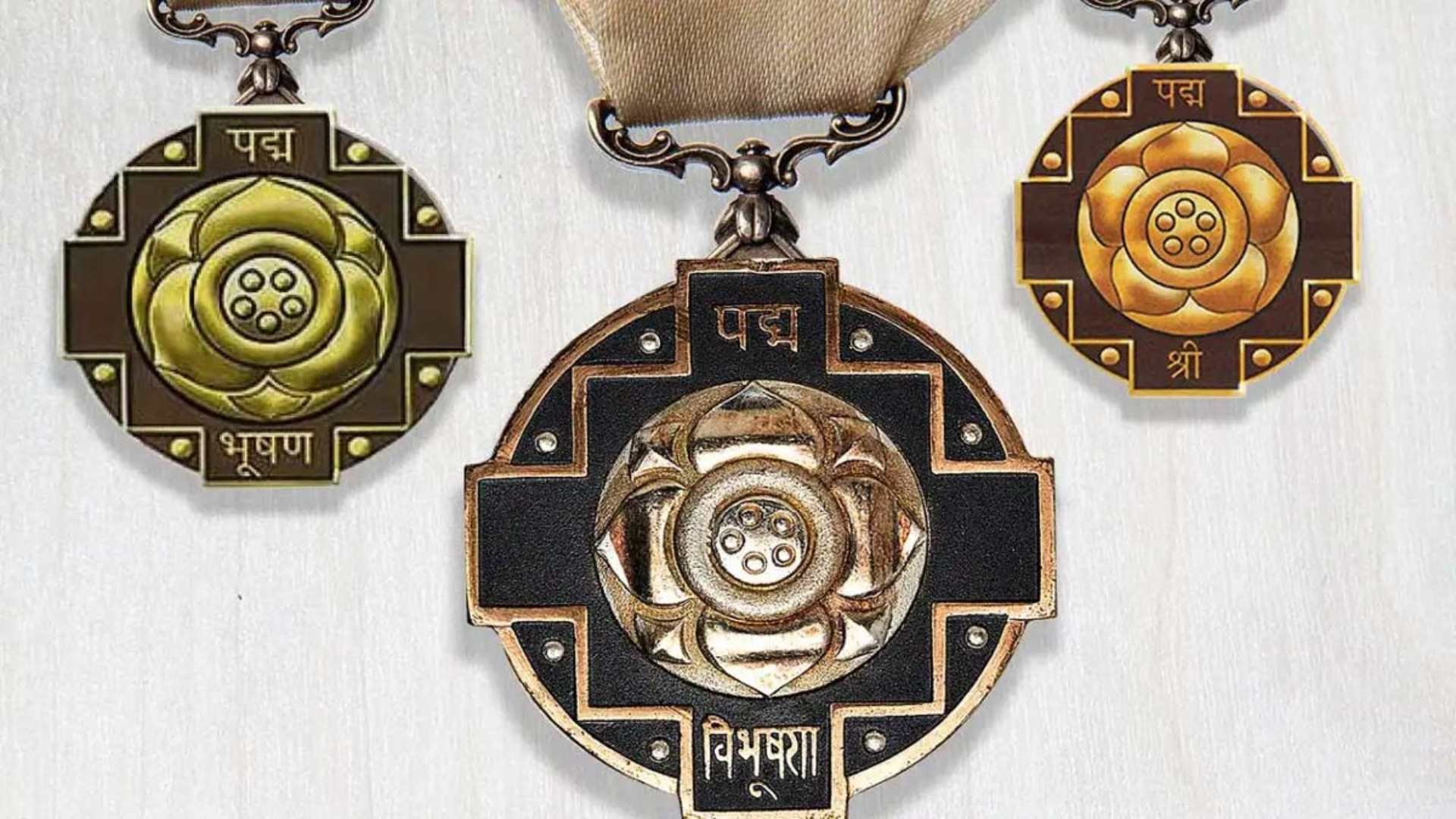
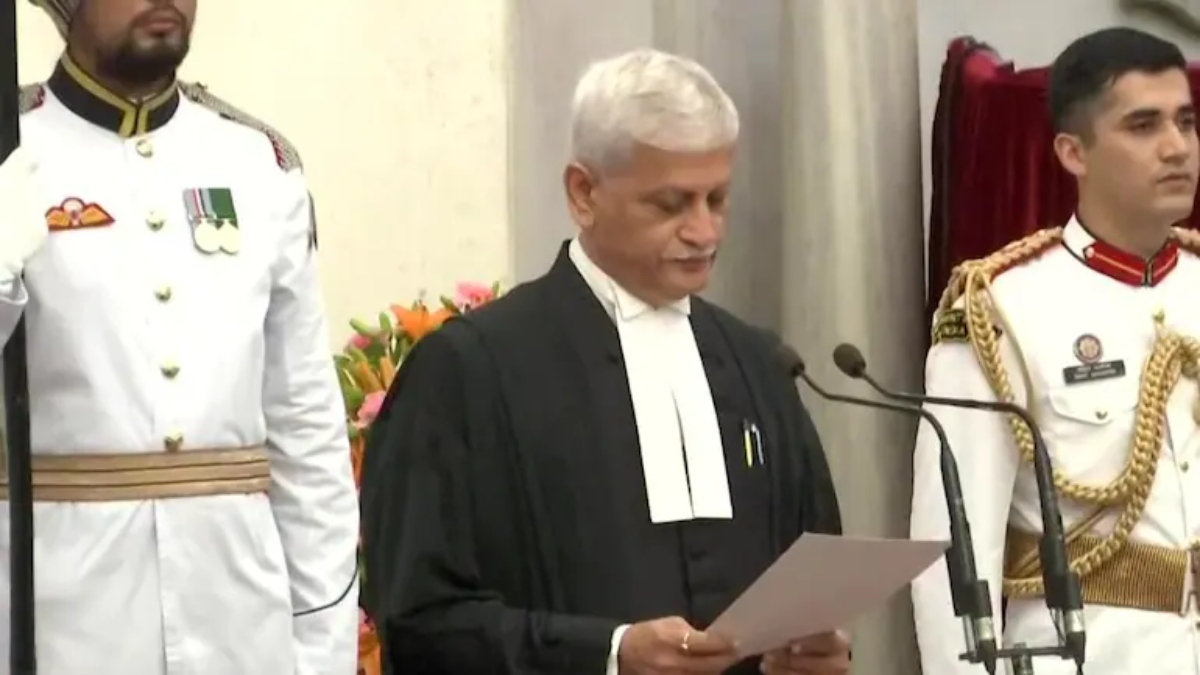
As the 49th Chief Justice of India, Justice Uday Umesh Lalit took the oath of office on Saturday.
In a ceremony conducted at Rashtrapati Bhavan, the oath of office was given by India’s President Droupadi Murmu. Prime Minister Narendra Modi, Vice President Jagdeep Dhankhar, and Union ministers attended the occasion.
Justice NV Ramana, Justice Lalit’s predecessor, was also present when he took the oath of office.
Uday Umesh Lalit, the 49th Chief Justice of India, will face many obstacles, from important constitutional issues to the selection of judges, but he will also be able to draw on a century’s worth of personal experience.
The Maharashtrian Lalit family has been around for 102 years and counting. Prior to India’s independence, Ranganath Lalit, his grandpa, practised law in Solapur. Three generations of Justice UU Lalit’s family will be there on Saturday when he takes the oath of office as CJI.
Umesh Ranganath Lalit, his 90-year-old father, will be present. After a long career as an advocate in his native state, the veteran served as a high court judge.
The couple’s two kids, Harshad and Shreeyash, as well as Justice Lalit’s wife Amita Lalit, who owns a school in Noida, will also be there. While both boys pursued engineering degrees, Shreeyash Lalit subsequently chose to pursue a career in law. Raveena, his wife, is also a lawyer. In addition to being a scholar, Harshad Lalit resides in the US with his wife Radhika.
UU Lalit’s familial legacy did not guarantee him success right away. He moved his business from the Bombay High Court to Delhi in the 1980s, and when he initially settled there, he resided in a two-room apartment in the working-class Mayur Vihar neighbourhood.
His expertise in criminal matters quickly made him a senior advocate in the Supreme Court.
The court designated him as Special Public Prosecutor in the 2G spectrum allocation case, which was one of the high-profile cases he participated in.
He received his appointment as a Supreme Court judge from a lawyer in August 2014. As CJI, he is just the second such judge.
Read more: UNSC: India dispatches 12th consignment of humanitarian aid to Ukraine


